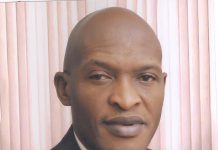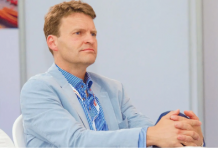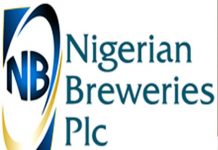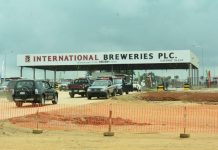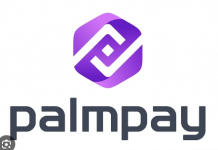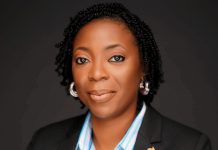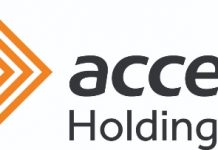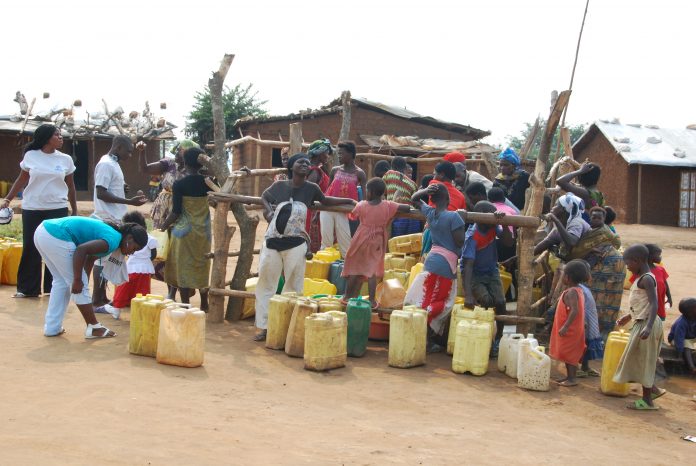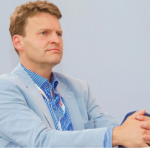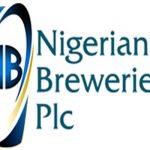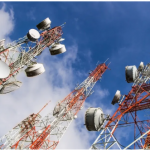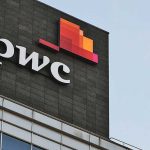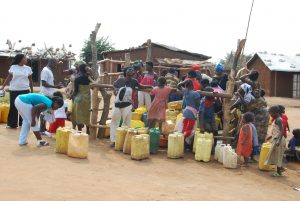

The Coca-Cola Africa Foundation (TCCAF) and the U.S. Agency for International Development Mission Office in Nigeria (USAID/Nigeria) have launched the third phase of the Water and Development Alliance (WADA) program to provide safe water and hygiene facilities to public schools and hospitals in select rural communities. This will be the third such WADA partnership in Nigeria between TCCAF and USAID in their continuing commitment to help address challenges associated with access to safe water and sanitation services.
WADA – a joint initiative between The Coca-Cola Company (TCCC) and the USAID – contributes to protecting and improving the sustainability of watersheds, increasing access to water supply and sanitation services, and enhancing productive uses of water. With a combined investment of over US $39 million since 2005, WADA is having a positive impact on the lives of people and the health of communities in 30 countries in Africa, Asia, the Middle East, and Latin America.
This unique partnership leverages expertise and resources for community development by improving access to clean drinking water and sanitation services while raising awareness and sharing best hygiene practices in the target communities in Nigeria where the World Health Organization (WHO) estimates that only 64 percent of the population has access to improved sources of drinking water, while only 28 percent have access to improved sanitation facilities.
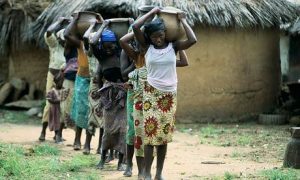

During the signing of the Memorandum of Understanding for the WADA III programme held in Lagos, USAID Director to Nigeria, Michael T. Harvey said, “Today, we are consolidating a special partnership, one in which a private firm has joined with a U.S. government Agency to contribute to a priority set by the Government of Nigeria”.
Dr. Susan Mboya-Kidero, President of The Coca-Cola Africa Foundation and Women’s Economic Empowerment Director for Coca-Cola Eurasia&Africa said “Building on the success of our existing partnership in Nigeria, we are honored to be announcing the third phase of the WADA program. Sustainability of our programs and their continued positive impact to the communities we serve across Africa is an imperative for The Coca-Cola Africa Foundation.”
Managing Director of Coca-Cola Nigeria Limited, Adeola Adetunji, noted that the WADA III programme will contribute to achieving the goals of the Replenish Africa Initiative (RAIN),a flagship programme of The Coca-Cola Africa Foundation,which aims to improve access to clean water for 6 million Africans by 2020.
TCCAF and USAID have collaborated in Nigeria since 2007 under the WADA initiative. The partnership has improved water resource management and expanded sustainable access to safe drinking water and sanitation services in Kano and Enugu States reaching over 240,000 beneficiaries and helping to control and prevent water-related diseases such as cholera, typhoid, and diarrhea by providing water and sanitation services, hygiene education, and establishing Water, Environment, and Sanitation Committees in communities where the program has been implemented.
Strategic investments and catalytic partnerships will change this reality and promote thriving communities. Working with local development organizations, WADA III will support the State Governments of Cross River and Abia to improve and expand access to safe, affordable, sustainable and reliable water services in rural communities. This partnership demonstrates the ongoing commitment of TCCAF and USAID to work with Nigerian partners to build stronger communities.








